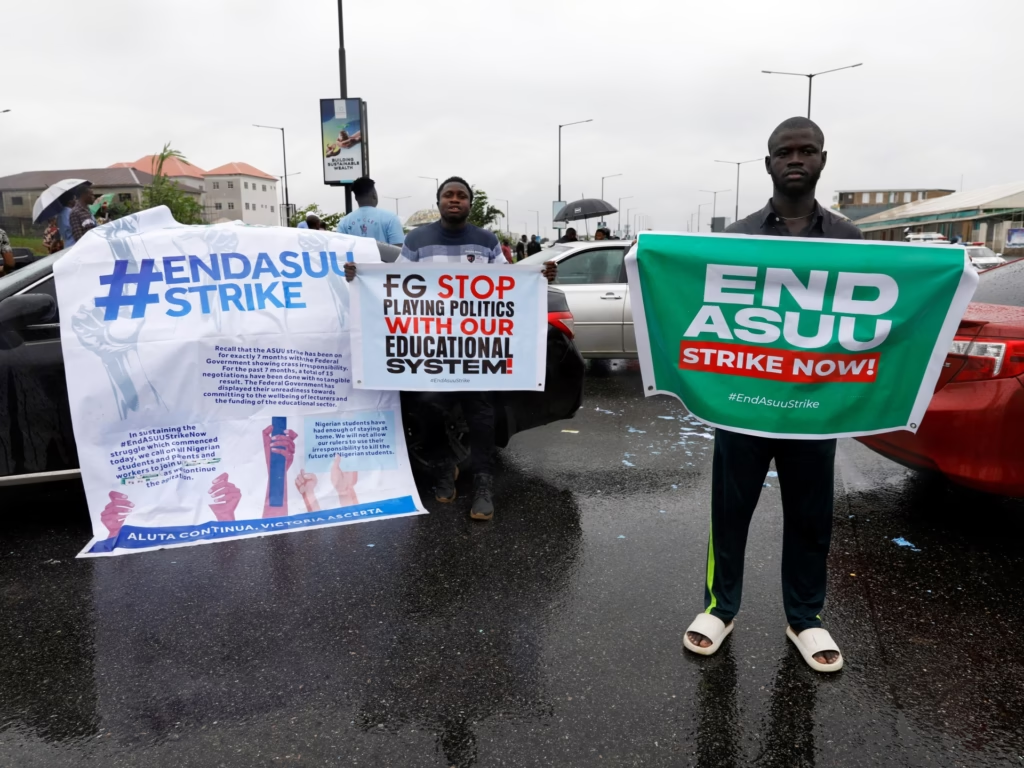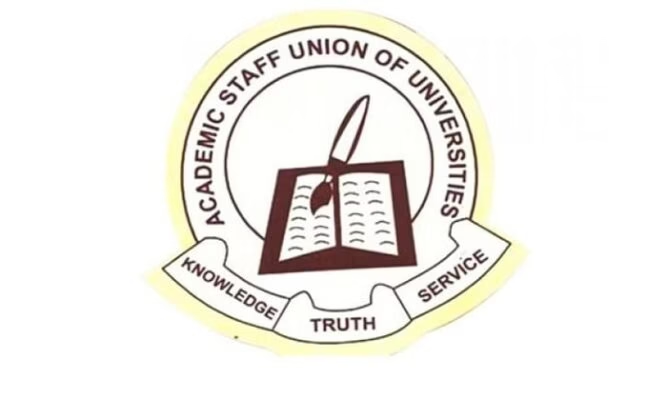The Academic Staff Union of Universities (ASUU) is once again hinting at the possibility of a nationwide strike, and as usual, Nigerian students are beginning to brace themselves for what could be another round of academic disruption. The union, which represents lecturers in public universities across the country, says it is frustrated by the federal government’s failure to meet long-standing demands relating to funding, welfare, and the implementation of previous agreements.
For many Nigerians, this feels like a recurring nightmare. Every few years, the same headlines reappear ASUU threatens to strike, government promises negotiations, deadlines pass, and eventually, classrooms across the country fall silent. What follows is months of uncertainty as students return home, unsure of when they will be called back.
According to ASUU, the major issues remain unresolved. The union has accused the federal government of neglecting the public university system, citing poor funding, decaying infrastructure, and inadequate support for research and staff development. Lecturers also continue to express dissatisfaction with the Integrated Payroll and Personnel Information System (IPPIS), which they argue undermines university autonomy and disrupts their payment structure.
The government, on its part, often appeals for patience, blaming budget constraints and competing national priorities. But for students caught in the middle of these negotiations, each new strike feels like a punishment for problems they didn’t create.
Every ASUU strike leaves thousands of students stranded. Academic calendars collapse, semesters drag endlessly, and four-year courses stretch into six or seven years. For final-year students, it means delayed graduation and postponed NYSC mobilization. For others, it means losing motivation and rhythm, as many spend months at home doing nothing productive. Parents also bear part of the pain by continuing to pay rent, transport, and other expenses even while schools remain shut.
Beyond the immediate inconvenience, these strikes have long-term effects on the quality of education in Nigeria. Lecturers often rush through lectures once schools reopen, trying to cover lost ground, and students are forced to absorb an entire semester’s work in a few short weeks. This compromises learning outcomes and reduces the overall academic standard of the system.
The constant disruptions also make Nigerian graduates less competitive globally. While their peers abroad are completing degrees and advancing in tech-driven industries, local students remain stuck waiting for negotiations to end. It’s one of the reasons many ambitious families now prefer private or foreign universities, deepening the divide between those who can afford alternatives and those who cannot.
ASUU insists that its fight is not just for lecturers but for the future of public education in Nigeria. Union leaders argue that without better funding and improved conditions, Nigerian universities will continue to deteriorate. They maintain that their demands of increased budgetary allocation to the revitalization of campus infrastructure are in the interest of students. However, to many students, that justification rings hollow when they are the ones paying the price with lost time and uncertainty.
Education experts have repeatedly called on both parties to adopt more creative negotiation methods that don’t involve shutting down schools. Suggestions include performance-based funding, allowing universities more autonomy, and the introduction of hybrid learning systems that let academic activities continue online during industrial actions. But until both sides find a more sustainable path, students will remain the victims of a tug of war between ASUU and the government.
For now, many undergraduates are hoping that this latest threat does not lead to another full-blown strike. But even that hope is fading because the scars of previous strikes, the delays, the frustration, the wasted months, are still fresh in their minds.
The ASUU strike culture has become one of the biggest setbacks to Nigeria’s education system. Each time the classrooms close, the country loses not just academic time but also potential, the future engineers, doctors, scientists, and teachers who could drive national development are left idle. Until the government and ASUU can put genuine commitment above politics and ego, students will continue to be the silent losers in a system that has failed to learn from its own history.
Don’t want to miss the best from GuidesCafe?
- Set us as a favorite source in Google Discover to see our latest updates first.
- You can also add us as a preferred source in Google Search by clicking the button below.


